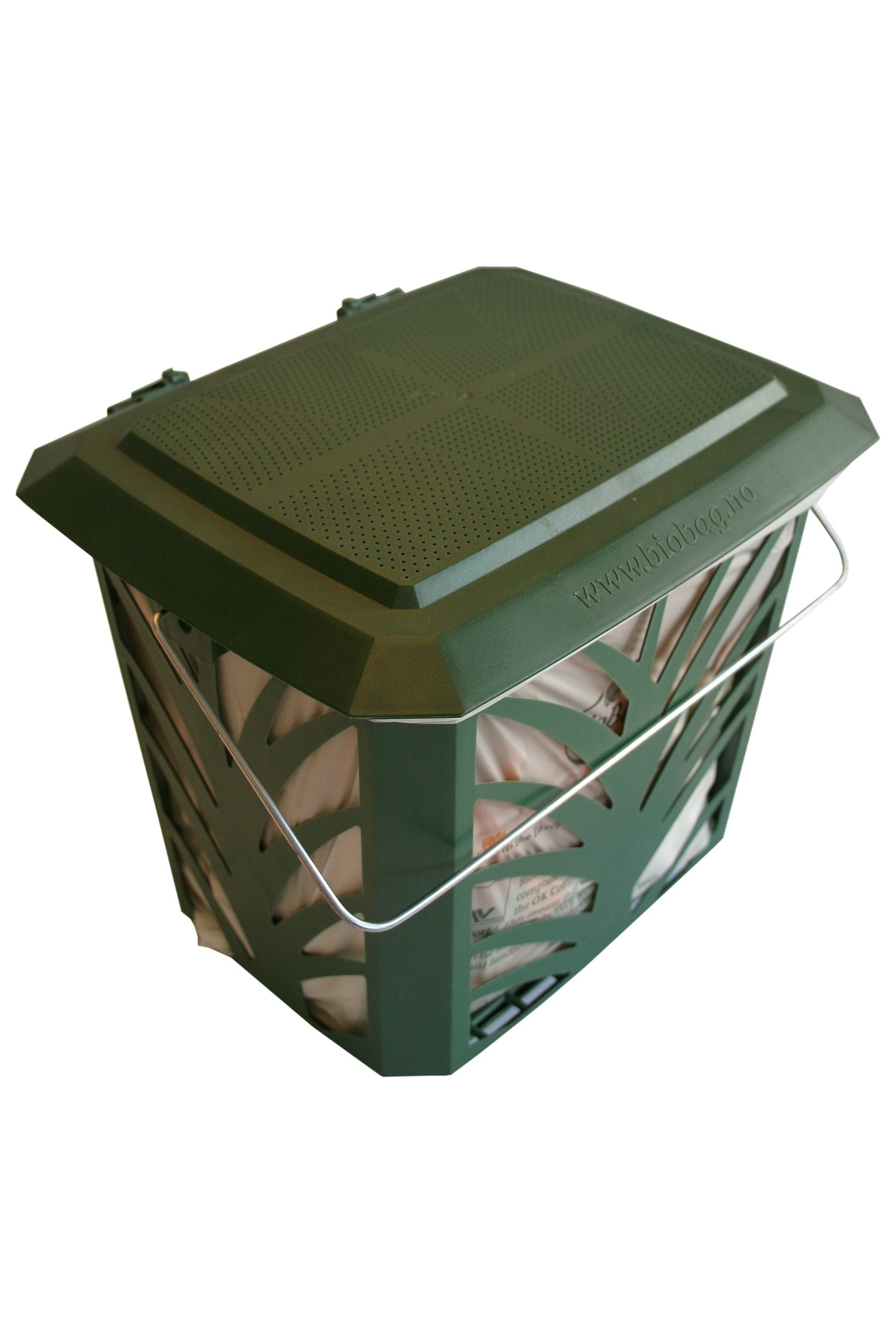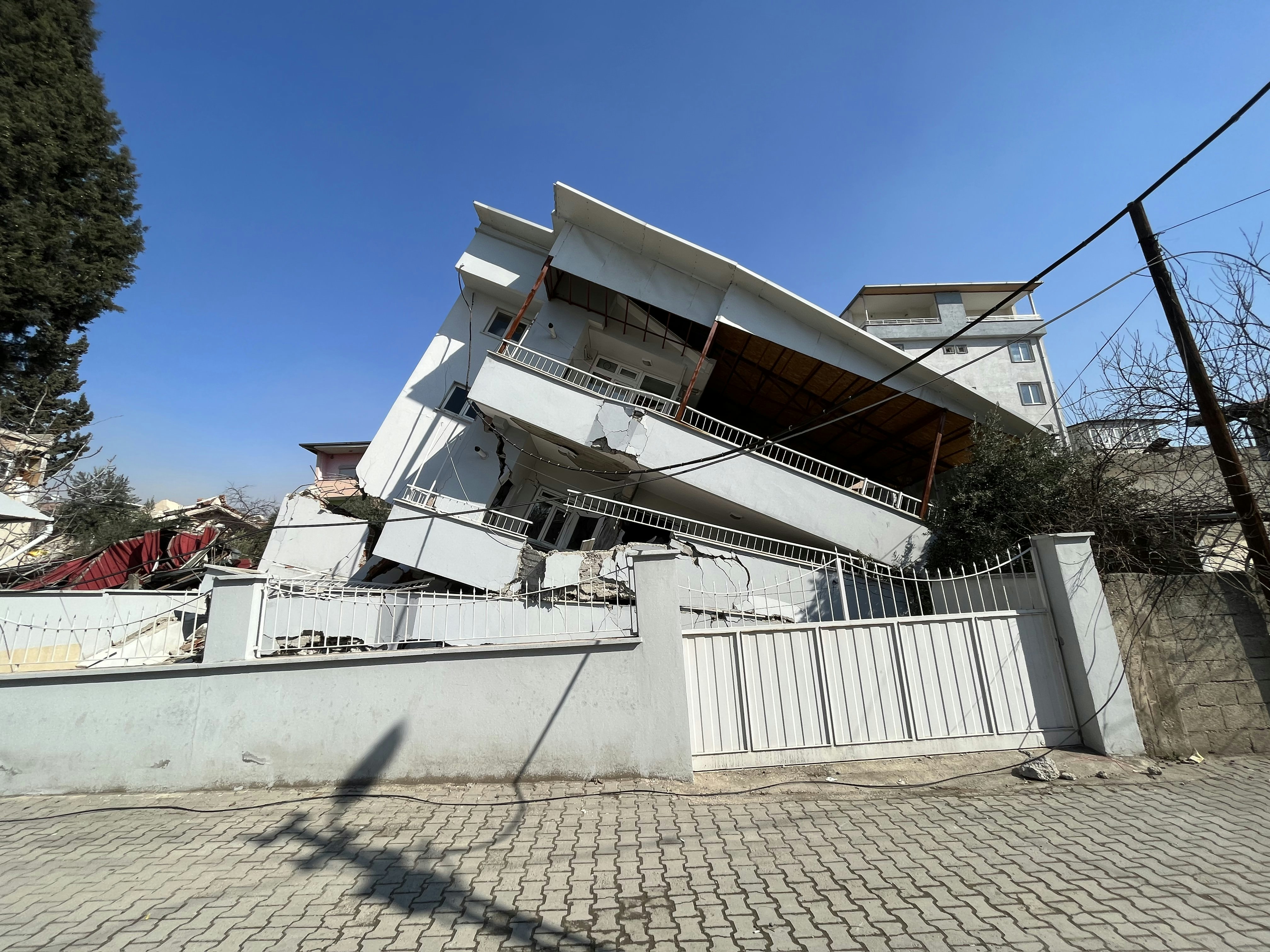Introduction to Composting and Its Risks
Composting is the natural process of recycling organic matter, such as food scraps and yard waste, into a valuable soil amendment known as compost. This practice not only contributes to waste reduction but also enhances soil health, promotes plant growth, and fosters a sustainable environment. By breaking down organic materials through the action of microorganisms, composting transforms what would otherwise be landfill waste into a nutrient-rich product that can be utilized in gardens, landscapes, and agriculture.
The advantages of composting are numerous. First and foremost, it diminishes the volume of waste sent to landfills, thereby lowering methane emissions, a potent greenhouse gas. Furthermore, composting enriches soil fertility, improves soil structure, and aids in moisture retention, reducing the need for chemical fertilizers and enhancing the overall health of plants. The enriched soil not only supports gardening efforts but also contributes to biodiversity by providing a more conducive environment for beneficial organisms.
Nevertheless, while composting offers several benefits, it also presents certain risks, particularly if not conducted properly. One primary concern is the generation of heat and gases. During the decomposition process, microbial activity can lead to elevated temperatures within the compost heap. If the compost pile is too large, too moist, or improperly aerated, it can create conditions that may result in spontaneous combustion or an explosion due to the buildup of flammable gases, such as methane or hydrogen. Additionally, the use of certain materials, like meat or dairy, can exacerbate these risks, attracting pests and creating unpleasant odors. Understanding these potential hazards is crucial for anyone engaging in composting, especially in light of the notable compost bin explosion that serves as a reminder of proper practices. This context is essential in fostering a safe and effective composting environment.
What Happened: The Incident Unfolded
The incident that garnered significant media attention occurred on a seemingly ordinary afternoon. On the day in question, residents of a suburban neighborhood were going about their daily activities when a loud explosion disrupted the tranquility. This unexpected occurrence originated from a compost bin located in the backyard of a local home, which had been a part of the community for several years. Witnesses reported hearing the blast followed by a plume of smoke emerging from the area, prompting immediate concern and curiosity.
Preliminary investigations revealed that the compost bin contained various organic materials, including kitchen scraps, grass clippings, and yard waste. As the composting process involves natural decomposition, heat generated from microbial activity can lead to increased pressure within a sealed environment. In this instance, it appears that a combination of factors—including an improper balance of greens and browns, excessive moisture, and lack of aeration—created a perfect storm for an explosion. The buildup of methane gas likely contributed to the dangerous situation that ultimately led to the explosion.
Witnesses described the scene as chaotic following the explosion. Some individuals rushed to assist those nearby, while others quickly contacted emergency services. Firefighters arrived shortly thereafter, equipped with necessary tools to handle the situation. Fortunately, there were no serious injuries reported, although several individuals experienced minor injuries from flying debris. The emergency responders worked diligently to secure the site and ensure safety for nearby residents. Their quick actions mitigated further risks, highlighting the importance of proper compost bin management and the potential hazards associated with neglecting standard guidelines.
In the aftermath of the incident, discussions around safe composting practices became prominent, creating awareness amongst community members about the potential dangers of organic waste management if not conducted appropriately.
The Aftermath: Damage and Responses
The explosion of the compost bin not only sent shockwaves through local neighborhoods but also resulted in significant physical damage to the immediate surroundings. Buildings within a close radius suffered shattered windows, broken doors, and structural impairments requiring inspections by engineers to ensure their safety. Debris littered the streets, necessitating an extensive cleanup operation coordinated by city officials and emergency services.
In terms of human impact, several injuries were reported, ranging from minor cuts and bruises to more severe trauma requiring hospitalization. Local hospitals were placed on alert to handle potential surge cases, and medical teams were dispatched to treat those affected. While most injuries were non-life-threatening, the psychological impact on individuals and families living nearby has been profound, sparking fears and anxieties regarding safety and the potential for future incidents.
Community concern has also intensified, with residents expressing alarm over the circumstances that led to the compost bin explosion. Town hall meetings were convened to address these concerns, allowing citizens to voice their worries surrounding safety practices, regulatory compliance, and the need for clearer communication from local authorities. The explosion raised a larger dialogue about waste management protocols and the vulnerabilities inherent in the community’s infrastructure.
In response to the incident, local authorities quickly implemented immediate safety measures aimed at preventing a reoccurrence. These included increased inspections of waste management facilities, enhanced training for staff, and updated safety protocols for hazardous materials. Emergency response teams conducted safety drills to prepare for potential future emergencies, ensuring that both residents and authorities are better equipped to handle similar situations. The response from emergency services was largely viewed as efficient, yet the event has underscored the importance of ongoing vigilance in community safety practices.
Lessons Learned and Prevention Strategies
The compost bin explosion incident serves as a pivotal case study for understanding safe composting practices. One of the primary lessons gleaned from this event is the critical importance of maintaining optimal conditions within a compost bin. Proper aeration, moisture levels, and temperature control are essential for creating an environment conducive to decomposition, while also preventing the buildup of potentially volatile gases. Home composters should routinely monitor these factors to ensure that their compost does not reach explosive conditions. This routine maintenance can significantly reduce risks associated with composting.
Furthermore, public awareness surrounding safe composting techniques must be prioritized. Many individuals engage in composting without full knowledge of its complexities, leading to dangerous practices. Community workshops, informational sessions, and easy-to-access resources can educate homeowners on how to manage their compost bins effectively. These educational initiatives should focus on the types of materials suitable for composting, the importance of balancing nitrogen-rich and carbon-rich waste, and the signs of an improperly managed compost bin.
Additionally, the composting incident might prompt legislative bodies to consider new guidelines regulating composting practices. Such regulations could include specifications for industrial composting facilities and set forth standards for residential compost systems. Legislation can ensure that those who engage in composting have the appropriate knowledge and resources to do so safely. These potential changes in the law can also facilitate the development of community programs designed to support responsible composting.
In conclusion, through a combination of knowledge sharing, public education, and potential legislative action, we can foster a safer composting culture. By implementing these strategies, the likelihood of similar incidents can be significantly diminished, ensuring that composting remains a sustainable and safe waste management practice. Awareness and proactive approaches will pave the way for a healthier future in composting.
If you’re interested in purchasing the item you seek, please click the link for additional details: #americanachoice.
https://amzn.to/3SBN3Oy
AFFILIATE DISCLOSURE: I am an affiliate for this company, I am not a paid employee.
I may receive a commission if you click a link on this page and choose to purchase something.
You can rest assured I will only share things I believe in and will be valuable to you.



